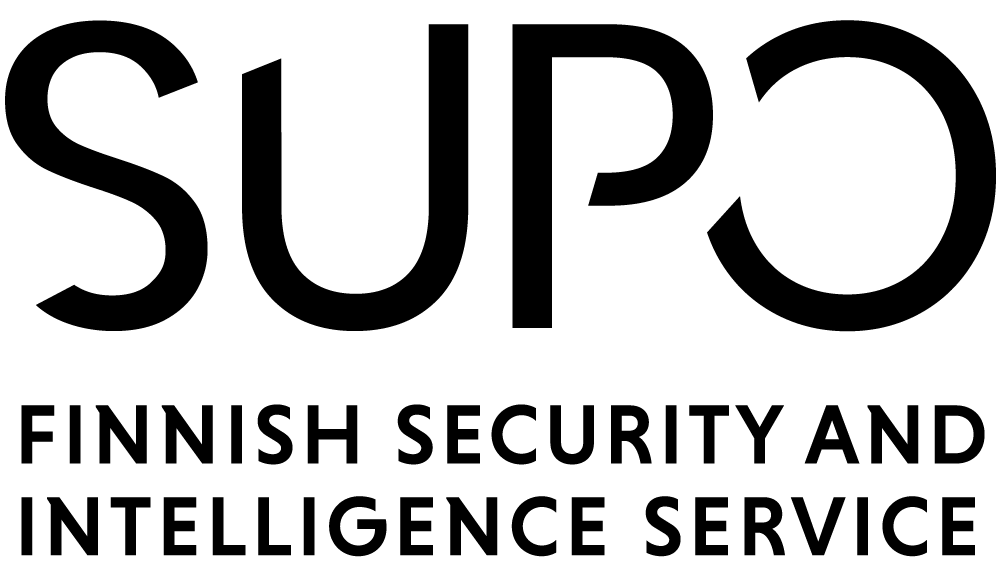Intelligence gathering seeks unique information
Only Supo may apply civilian intelligence gathering methods in Finland on phenomena jeopardising national security. The use of intelligence gathering methods is strictly governed by law.

Intelligence gathering operations are often the only way to acquire information that would not otherwise be available. Supo gathers intelligence on undertakings that jeopardise national security through intelligence operations. It also gathers intelligence from other public authorities in Finland, from international security and intelligence services, and from open sources.
Supo intelligence analysts continually monitor news media and research in their specialist fields. Open information sources are often insufficient for investigating threats to national security. Supo may apply civilian intelligence gathering methods in such cases. Examples of threats to national security include terrorism or foreign espionage targeting Finland.
The application of intelligence gathering methods is always strictly justified
Civilian intelligence gathering methods vary widely, with the choice of method adapted to the nature of the threat in question. Examples of methods include monitoring, interception and surveillance of telecommunications, and network traffic intelligence. Contact with covert human intelligence sources is also an important aspect of information gathering.
Depending on the method applied, use of civilian intelligence gathering methods is decided by a court of law, by the Director of Supo, or by the head of intelligence operation. The head of the intelligence operation is a commanding police officer who has been trained in managing covert intelligence gathering and in intelligence gathering methods. Decisions concerning intelligence gathering operations abroad are always taken by the Director of Supo.
The use of intelligence gathering methods is strictly governed by law. The methods of civilian intelligence gathering are defined in Chapter 5 a of the Police Act. Supo may also apply the covert intelligence gathering methods prescribed in Chapter 5 of the Police Act for preventing or detecting a criminal offence.
Intelligence gathering methods
- Interception of telecommunications
- Intelligence gathering in lieu of interception of telecommunications
- Telecommunications surveillance
- Procurement of base station data
- Technical hardware monitoring
- Transmission reproduction
- Network traffic intelligence
- Systematic monitoring
- Covert intelligence gathering
- Acquiring intelligence that identifies a telecommunications address or terminal hardware
- Undercover operations
- Undercover purchasing
- Guided human intelligence operations
- Duplication
- Intercepting a dispatch for the purpose of duplication
- On-site audio monitoring
- On-site visual monitoring
- Technical surveillance
- Intelligence gathering on specific locations
